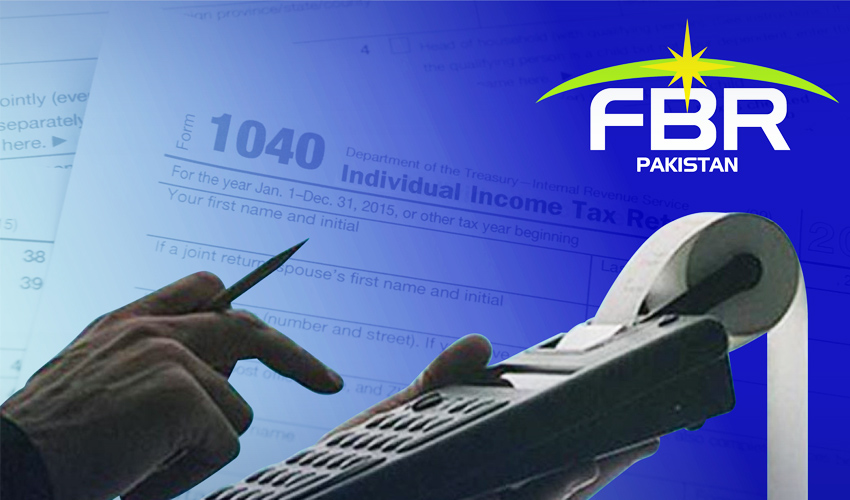The Federal Board of Revenue (FBR) has fallen short of its revenue collection target by R 85 billion for January 2025, recording a total collection of Rs 872 billion against the set target of Rs 957 billion.
Although this represents a 26% year-on-year growth compared to Rs 677 billion collected in January 2024, the figures highlight a significant gap in meeting the fiscal targets for the current year.
The shortfall in January is part of a broader trend, as FBR now faces a cumulative deficit of Rs 468 billion in tax collections for the first seven months of fiscal year 2025 (July-January).
This has raised serious concerns about the FBR’s ability to meet the ambitious annual revenue target of Rs 12.913 trillion set by the government for FY25.
Economic factors contributing to shortfall
The underperformance in January is largely attributed to several economic factors, including unexpectedly low inflation, which has fallen to single-digit levels in recent months. The FBR has also struggled to collect sufficient taxes from imports and has faced sluggish growth in the manufacturing sector. These factors have hampered the revenue collection efforts, which were expected to recover strongly in the second half of the fiscal year.
The government’s revenue target of Rs 12.913 trillion for FY25 is a 40% increase over the target for FY24, which now seems increasingly difficult to achieve. The government has also refrained from significantly cutting expenses, further compounding the challenge of meeting this lofty target. Analysts and independent economists are predicting a more realistic revenue figure of approximately Rs 12 trillion for the fiscal year, a figure still subject to downward revision depending on economic conditions in the coming months.
Income tax exceeds expectations
A closer look at the breakdown of revenue collection for the first seven months of FY25 reveals a mixed performance across various tax categories. Income tax collections performed well, totalling Rs 3.160 trillion, exceeding the target of Rs 2.877 trillion by Rs 283 billion. This marks a 29% increase compared to last year’s Rs 2.445 trillion, indicating strong growth in this sector.
However, sales tax collections fell short of the target by Rs 467 billion, amounting to Rs 2.218 trillion. While this still represents a 26% increase compared to last year’s Rs 1.763 trillion, the shortfall highlights the challenges the FBR faces in generating revenue from consumption taxes, particularly in the wake of low inflation.
Similarly, customs duties were also below target by Rs 166 billion, totaling Rs 713 billion in the first seven months. Although this represents a 14% increase compared to last year’s Rs 628 billion, it falls short of the projected figure, reflecting the challenges in import-related tax revenue amidst the global economic slowdown.
Federal Excise Duty (FED) collections also missed the target by Rs 120 billion, amounting to Rs 404 billion, but saw a significant growth of 31% from last year’s Rs 307 billion. Despite this growth, the FED sector also faces significant challenges, with revenue growth not matching the target projections.
The FBR’s performance, while showing growth in some areas, highlights the growing difficulty of meeting the annual revenue target for FY25. As a result, the government is pinning hopes on achieving additional revenue from three main areas: GDP growth of 3%, expansion in large-scale manufacturing at 3.5%, and a projected 16.9% increase in imports. These factors are expected to generate an additional Rs 1.863 trillion in revenue.
However, economists are skeptical about the feasibility of achieving such ambitious growth rates, given the ongoing challenges in the global economy and domestic economic conditions.
While the government remains hopeful, independent economists estimate that real revenue collection for FY25 could be closer to Rs 12 trillion, a figure that still represents a significant challenge to bridging the revenue shortfall.
The IMF team is scheduled to visit Islamabad in late February or early March for the first economic review under Pakistan’s 37-month, $7 billion Extended Fund Facility (EFF).
The revenue shortfall is expected to be one of the key topics of discussion, as the IMF is likely to emphasize the need for structural reforms and revenue-enhancing measures to improve Pakistan’s fiscal health.


























